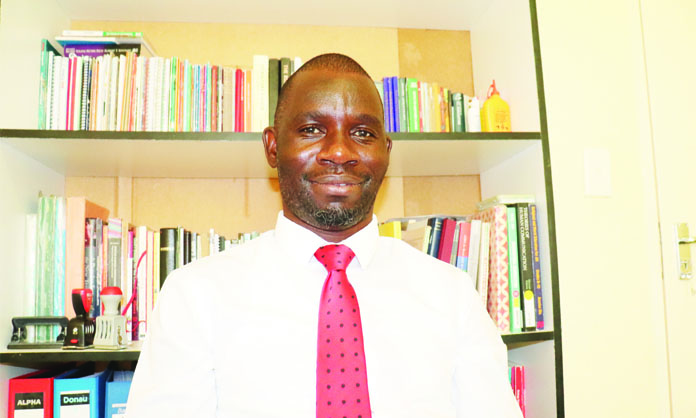In namibia, there is a saying that “education begins at home”.
When I was a child and did something wrong at school, my parents would often reprimand me and say “at school, the teacher can ask what you were taught at home”.
The role that parents and education instructors perform in a child’s life can be viewed as complementary as opposed to contradictory.
Growing up in this type of environment compelled me to write about the distinct roles of home and school in teaching and learning.
Education extends beyond the classroom.
However, the responsibility of shaping a child’s morals and values falls heavily on the shoulders of parents.
Teachers are more concerned with fostering a knowledge-based society, while parents endeavour to instil admirable values and character traits in their children.
It is essential for the healthy and rounded development of a child to achieve a balance between home and school when it comes to teaching and learning.
THE ROAD WE TAKE
Parents have traditionally played a significant role in the upbringing of their children, influencing their values, moral principles, and beliefs.
The concept of education starting at home emphasises the significance of this early stage in determining an individual’s subsequent path.
The lessons taught by parents at home are assimilated by the child and also transfer to the school setting.
Parents are predominantly responsible for teaching their children morality, self-discipline, time management, respect and emotional intelligence.
In addition, parents play an essential role in introducing children to the world of learning.
Many parents frequently introduce their children to books, puzzles and intellectual activities that help in the development of their basic cognitive abilities.
The groundwork laid by parents during a child’s early years should provide a solid foundation from which children can explore the world of formal education.
Parents must assume responsibility for instilling values in their children, while teachers’ contributions to the learning process cannot be downplayed.
TEACHERS
Educators are frequently viewed as resources who are equipped to teach pupils from diverse backgrounds.
Teachers follow a structured framework that emphasises the development of children’s cognitive, social, physical and emotional skills.
The concept of a teacher as a resource refers to their obligation to provide a meaningful and secure learning environment.
Teachers strive to cultivate pupils’ critical thinking and problem-solving abilities, provide opportunities for self-expression, and encourage youngsters to develop their inclinations and interests through extracurricular activities.
The formal school environment encourages intellectual growth by requiring pupils to analyse, query and evaluate information.
Moreover, teachers promote unity and diversity by bringing together pupils from diverse backgrounds and exposing them to different cultures, traditions and beliefs.
This inclusion promotes empathy, understanding, and respect for the perspectives of others, while stimulating critical thinking.
THE ‘WHOLE CHILD’
A gentle balance between what is taught at home and what is learned at school is necessary for the development of the whole child.
Parents who collaborate with schools by supporting their children’s academic endeavours, attending parent-teacher meetings and demonstrating a strong interest in their children’s school life typically have a greater impact.
Similarly, this development is driven by institutions that actively encourage parental involvement and communicate honestly with parents.
In conclusion, the debate between what is taught in school and what is learned at home originates from the crucial interaction between parental and teacher-provided teaching.
Although the roles of parents and teachers are distinct, they are complementary and essential in moulding the lives of children.
When these two forces work together, they create a near-perfect equilibrium that helps ensure a child’s holistic development and fosters intelligent and ethically responsible citizens.
- Lasarus Nghifindwako Hakwaake, general secretary, Reformed Evangelical Anglican Church of Namibia.



Leave a Reply